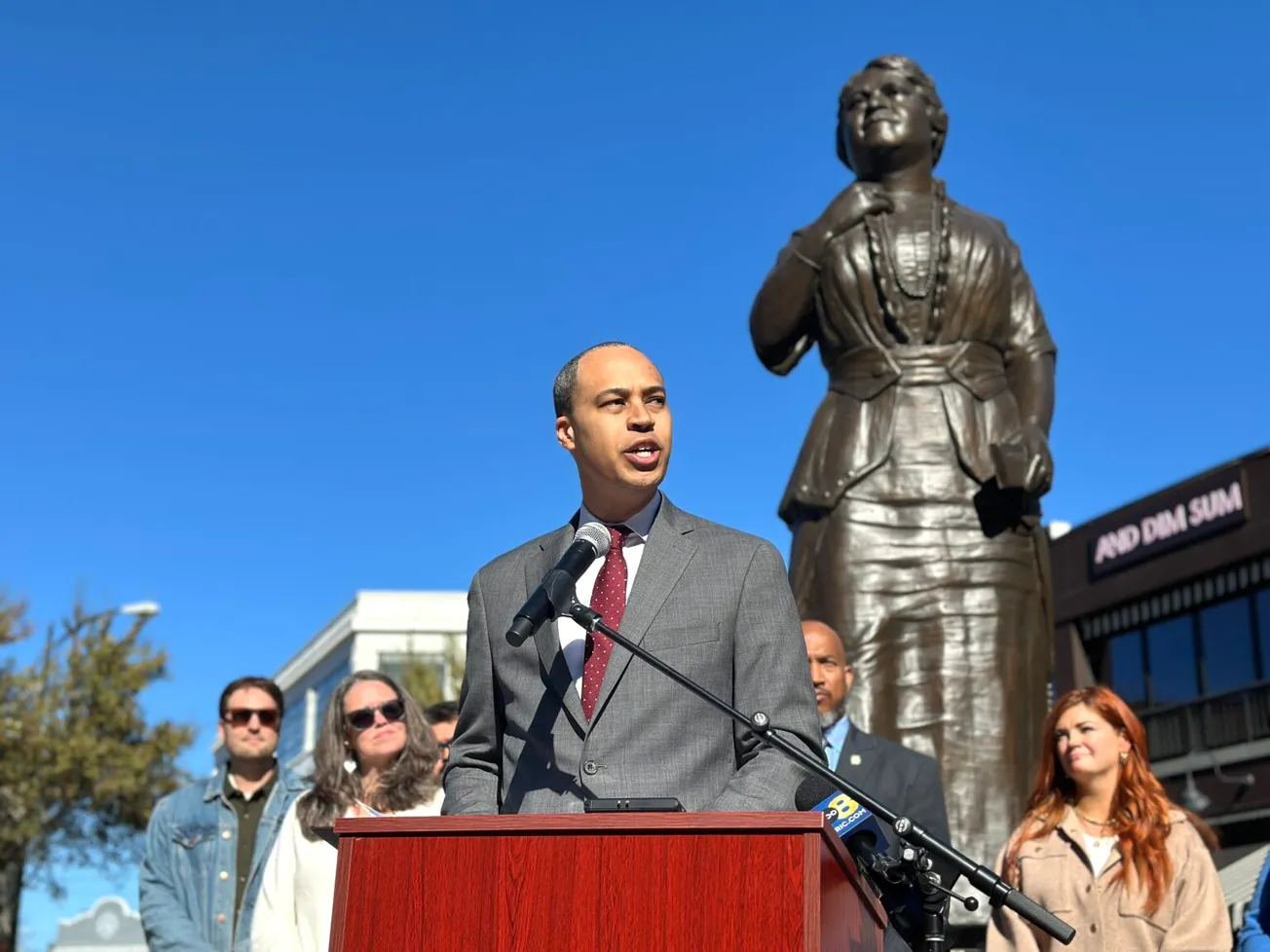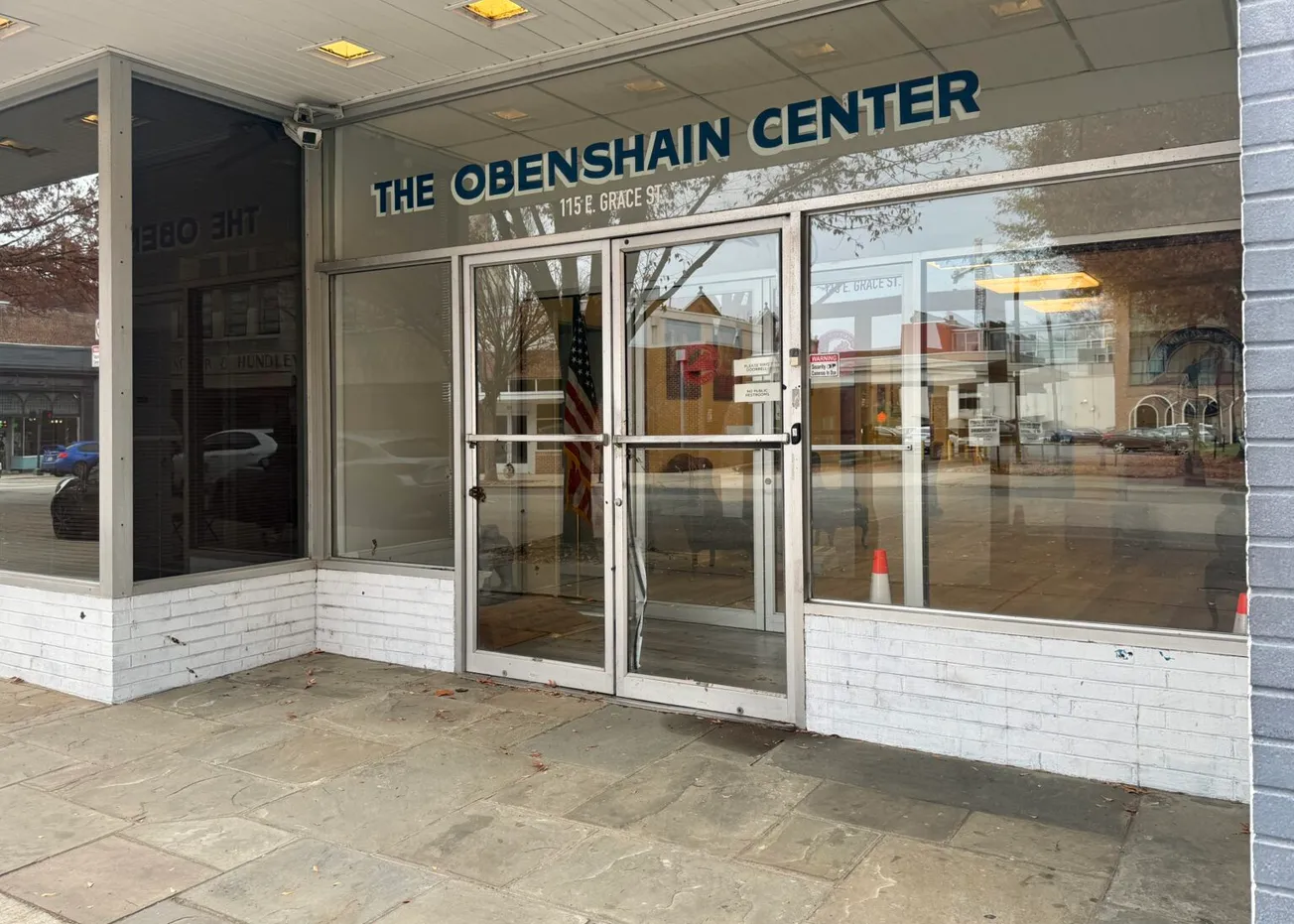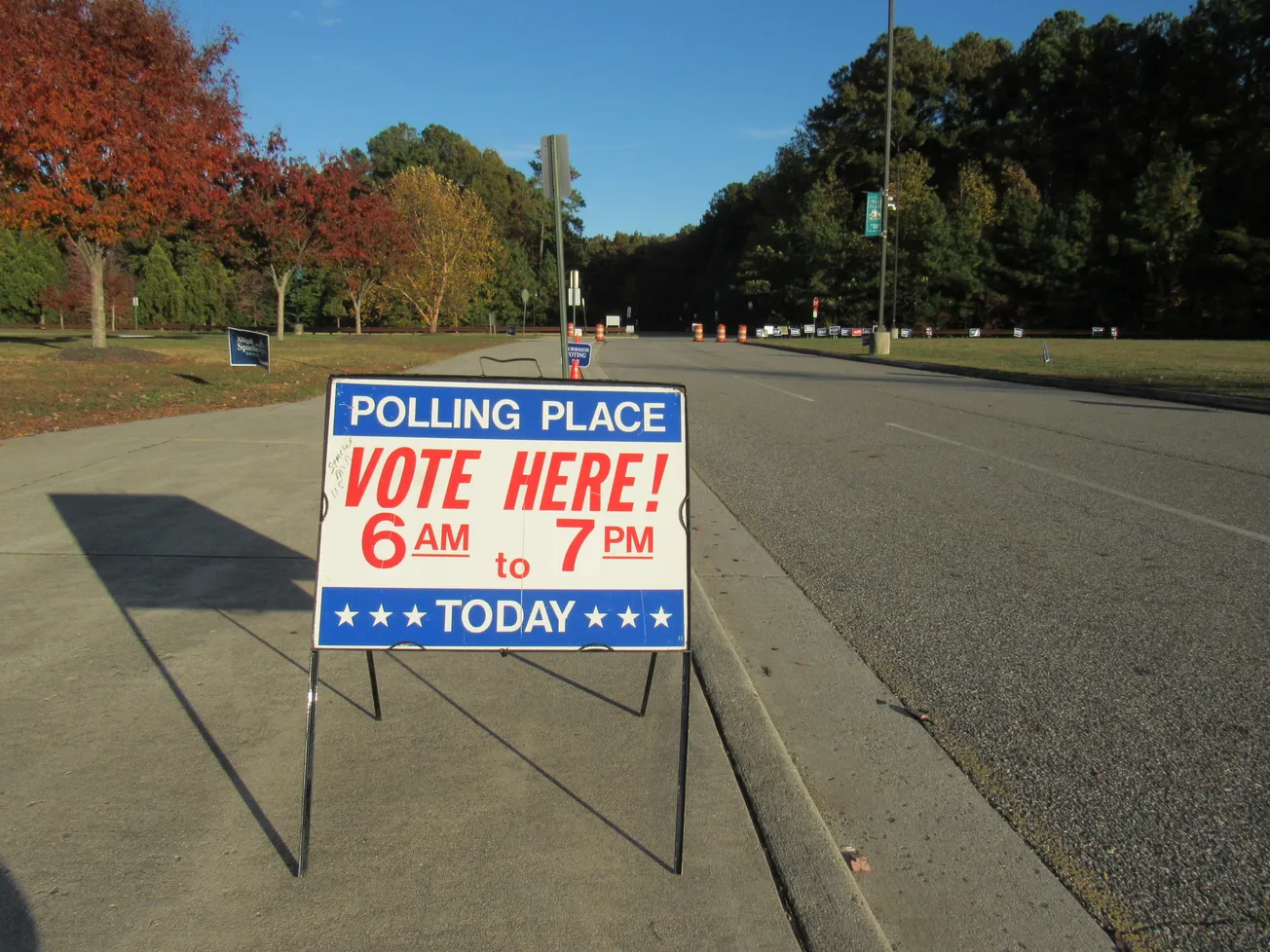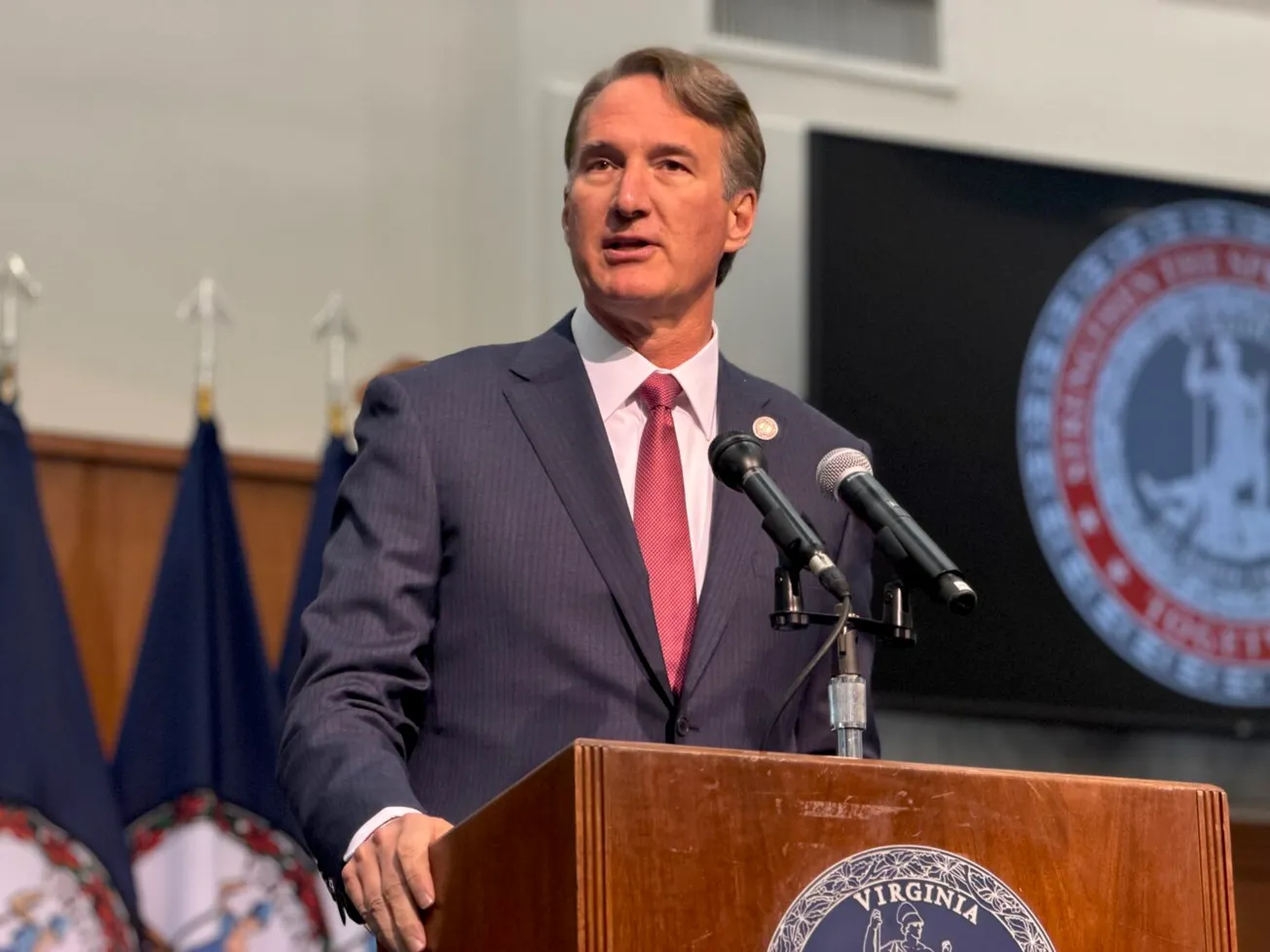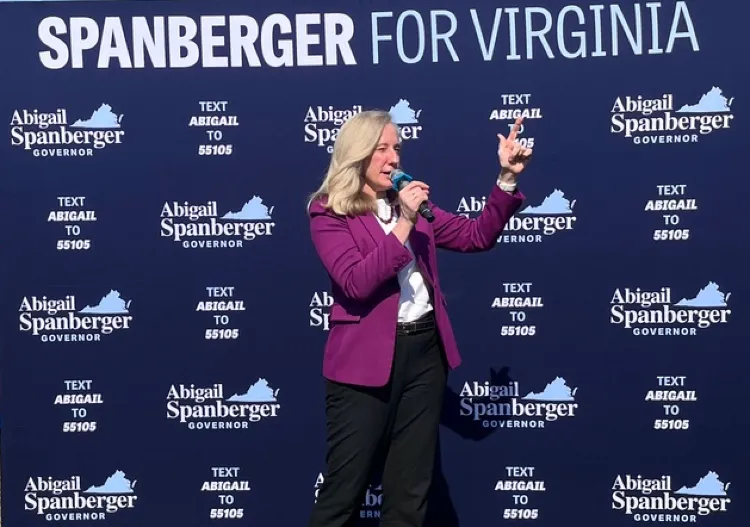Jones text scandal reshapes Virginia’s attorney general race — and tests Spanberger’s ticket
With Jones and Miyares set to debate Thursday and early voting underway, Democrats seek to contain damage from the fallout as Republicans seize on the controversy to boost the GOP’s statewide ticket
